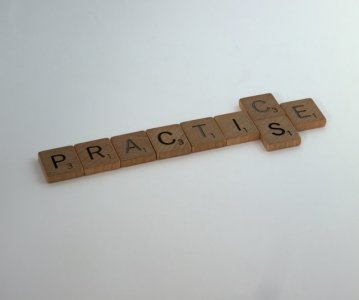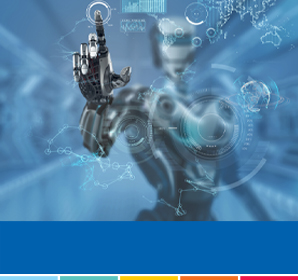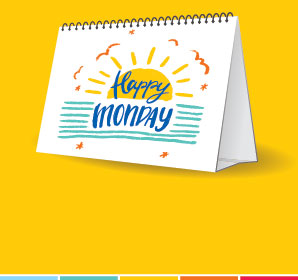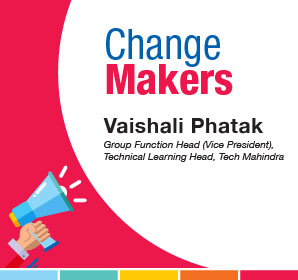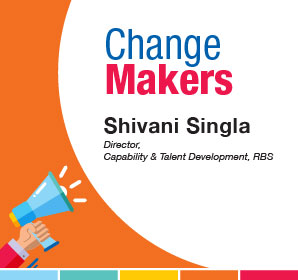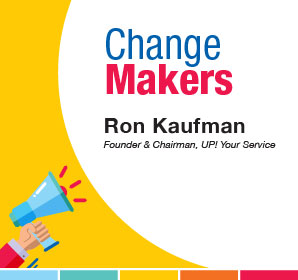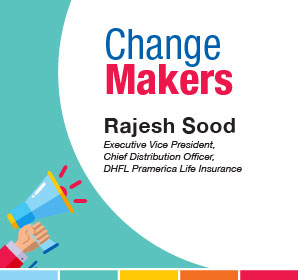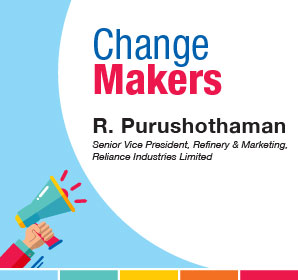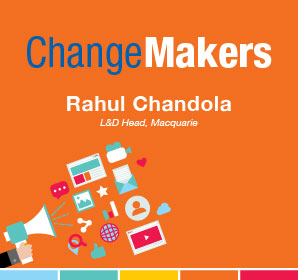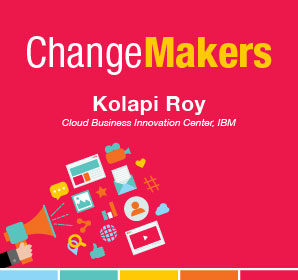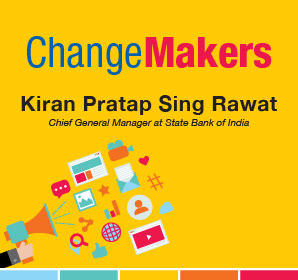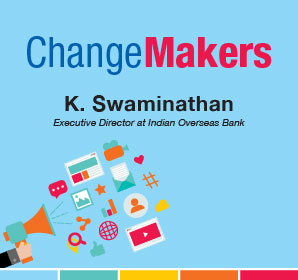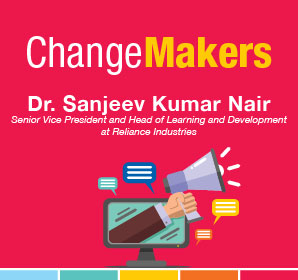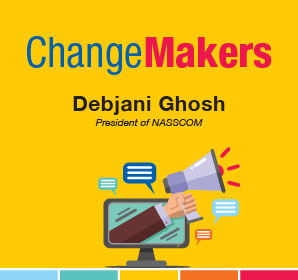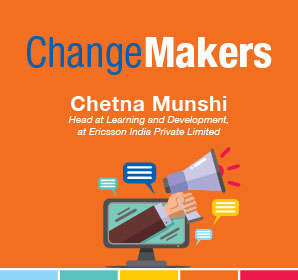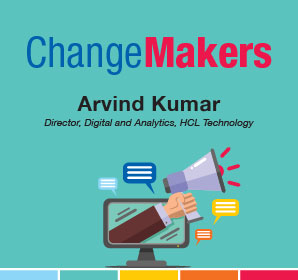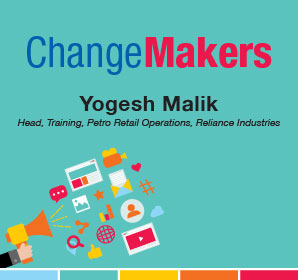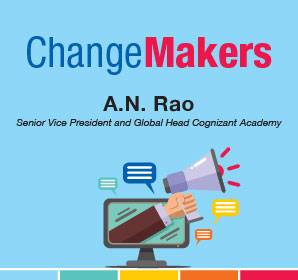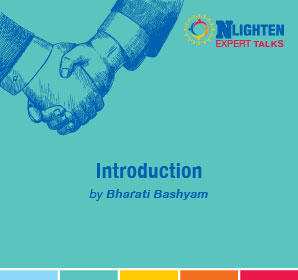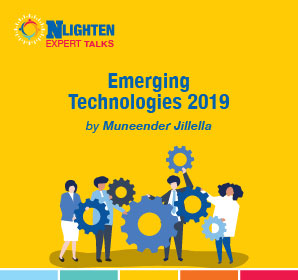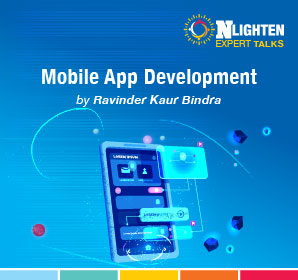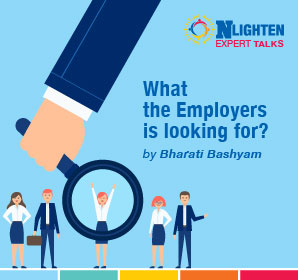Don't Bomb Your Interviews with Dull Answers. Try these!
By NIIT Editor
Published on 22/04/2020
Inaction never results in anything positive. It can be defined as the absence of a sense of urgency or an initiative to take up a task, push it to completion, and move on to the next one. In the present workplaces, although acting independently is highly valued, but it is understood by a rare few. Whereas your reporting manager would expect it out of you, regardless of your role in the organization, recruiters actively look for this person-specific trait that could potentially turn a professional into a future leader. The career journey is yours to travel, but keeping the following to-dos in mind would assure a smooth interview.
Be the Hero
Interviews are meant to uncover the perspective side of a person to analyze the depth of the potential one has. It is not recommended for you to always claim the tag of being the ‘initiator’. Give out signals, either through your body language or words, that you have the sense to notice signs of danger in advance. This does not have to mean that the entire campaign was initiated and led by you but that your insight and intervention proves mission-critical, more often than not. Let us understand this with a use case:
Interviewer: “Have you ever initiated or been trusted with the owner to complete a task?”
The hidden subtext of such questions begs you to play the lead role but at the same time, it’s vital you do not sound self-centered.
Candidate: “Yes. We were in the middle of our college fest, where a music band was performing in our auditorium. But all of a sudden the lights went out with a shortage. I was in the organizing committee and quickly asked our team members to switch on their mobile flashlights. Then all of the crowd began copying it and the performance went on for 2 more songs. It was incredible.”
You are at liberty to describe a fictional situation to serve your purposes but ensure that the story conveys the right meaning that goes with your personality. Your contribution to the situation should come across as the game-changer, reversing the outcome in your teams’ favor.
Be Productive
Barring a few job functions, such as trading and customer service, working professionals tend to find free time during the day. Often, such windows are short, yet depending upon what your inclination is during that window, matters a lot. That is why the importance of being creatively-productive cannot be overstated. Consider the following question:
Interviewer: “How do you like to pass time when you have enough of it on your hands?”
Notice carefully, it has been taken for granted that you will be free in one slot or another. Create a list of activities in advance that would help you grow in your role. For instance, a variation of the following answer could help:
Candidate: “I like to make the most of any extra time that I get by investing it in digital learning. With the right education available to me at the right time, I can continue adding valuable skills to my resume and grow my professional capabilities.”
We are in the Information Age where all your learning needs could be met digitally. An ideal answer should reflect an intent to upskill, be it through online certifications or personal learning. This is just an indicative component to base your answer on. As long as you can imply that you would make the best utilization of free time, you’d make a positive impression in the eyes of the questioner.
Constructive Criticism
Learning occurs when we readily acknowledge the scope for improvement and welcome actionable measures to progress towards it. Even the best of us miss our mark every once in a while. Such behavioral patterns are human-like and normal. But so should be the lessons that we take from such experiences to avoid repeating the same mistakes in the future. Let us illustrate it with an example.
Interviewer: “Please share one instance where you had committed a mistake and you learned from it.
What happened and what was the learning?”
Your ethics should not come in line between carrying on your responsibilities and taking feedbacks to improve the same. While serving examples to support the answer to the above question, place special emphasis on your ability to listen to others.
Candidate: “During an internship with my last employer, I was in charge of setting up an online ad-campaign. While doing so, by mistake, I set the target location to global and not local, due to which our account exhausted early without getting us the right traffic. But since then, I have become vigilant and request a managerial review before activating projects.”
The concluding meaning of the learning you absorbed is secondary. A workplace could not stay disciplined if everybody had it their way. Having a considerable level of listenership in your attitude is the key to advancing your career.
Timeliness is Godliness
Punctuality is a wise man’s weapon. Practice and build it into your psyche. It is a measure of the respect you nurture for someone else’s time and position. You convey your regards to the authority by timely behaviors. When facing interviews, the question could be on the same retrospective lines like those shared above, asking you to connect a memory. For instance:
Interviewer: “What time do you get up in the morning and what does a normal day shape up like?”
Listeners might feel that such a question is harmless but you would reveal more than you think and put your screening round in danger. In addition to your punctuality, you’ll be tested on truthfulness. Think about it, if you answer the above question casually taking the interviewer through your routine, then he/she would make a side note of the keywords you use. That should give them a fair idea about what your hobbies are because we fill our home-time up with hobbies. To ensure that he/she got the notes right, the next question would be:
“Alright, what are your hobbies?”
Again, a simple question, but now you might try to sound affirmative and unique stating activities that you don’t normally take up. If you didn’t mention these activities in your previous answer, the interviewer would know right away that you were lying. So be extra careful, you have the freedom to cook stories up in interviews, but if caught you should have the capability to cover up.
Clarity of Thought
The more you try to control a situation, the faster it gets out of your hand. The more stuck-up you get about an outcome, the greater the emotional pain it will cause you. Such uncontrollable forces, especially in an organization could easily over-burden your mind. You may experience a fall in productivity levels, rising disinterest towards work or urgency to shift the blame on others. These circumstances are easily found. To calculate how you conduct yourself facing failures, the interviewer could use a variation of the following question:
Interviewer: “How do you deal with confusion?”
The safest route to take for an answer is to focus.
Candidate: “I’ve seen that multi-tasking a managerial challenge does not bear fruits. Therefore, I prefer to prioritize the tasks and solve them one after the other to establish stability.”
Create an air of self-belief by stating in such times as mentioned above, you concentrate on one thing at a time. It would be better if you use it as an endnote to your explanation and let the interviewer imagine the rest.
Demand Work
A business operates to make a profit. The sole motive of your employment would be to utilize your expertise and guide the business in the right direction. A natural tendency arises to be rewarded when your inputs are exponentially greater than others or appreciable, to say the least. But should you be as straightforward in asking for what excites you to continue delivering your best, especially to an interviewer? Let us find out:
Interviewer: “What kind of rewards are most satisfying to you?”
Yes, money is the most encouraging factor for most people. There is no shame in admitting to the interviewer that you’d love to receive a justified salary hike after a performance review. But remember to do so without sounding desperate.
Candidate: “A salary-raise would be good!”
Here you are recommended to exaggerate your claims, although if your words were true it’d be nice. Ask for an expansion of your key responsibility areas. There is a good likelihood, such a request outlines your ambition to grow within an organization and makes you the frontrunner to pass the screening rounds.
Employee Engagement
These days every organization makes an effort to maintain high levels of energy at the workplace. Such recreational gatherings are coordinated by the human resource department of an organization. This information may not be known to first-time job seekers who are not used to liking and following official social media pages of a company. When an interviewer enquires about the following, you can for once answer lightly:
Interviewer: “What is the best way to motivate you?”
Some like an occasional, celebratory get-together, while others relish an all-expense paid for hang-out.
Candidate: “It would be nice to be part of a get-together provided the authorities have planned for such an occasion. However, if that is not the case, then the team can together plan out dinner once in a blue moon.”
You could have plenty of other out of the box ideas but in light of what we have just discussed, do consider that your company would have a set budget for such undertakings. Therefore, keep your feet to the ground and don’t ask for the clouds. Be realistic.
Avoid Stating Weakness
This is the most common question in the interviews, let alone a psychometric test. Over time, thanks to shared knowledge, candidates have developed smart answers to dodge the question of stating their strengths and weakness. But so have the recruiters. Modern-day interviewers have begun posing a twisted version of their favorite question:
Interviewer: “What discourages you from doing a good job?”
This time we’d like to spoon-feed you with the answer although if you find yourself in possession of a better option, go ahead and put it to test. There have been too many innocent victims of Office Politics. Endless public accounts of talented professionals put out of work paint a dark picture of jealous peers bad-mouthing their team members. So it makes sense to share your opinion on such avoidable circumstances and for once and all, define your position.
Candidate: “I’d prefer not to be part of the gossip circles as that spreads negativity and falsehood!”
First-time job seekers could have been victimized in equally distressing situations in colleges, for instance, failing to make their sports team/theatre society, etc. Introducing a past-life incident makes the story believable so describe why you are not the go-to-person for the usual gossip.
While this post should help you in crafting witty responses to general HR-queries, it is highly advisable to stay optimist about the interview and give positive vibes. Moreover, you should also be prepared for situational questions in the face-to-face round. The more you prep yourself for such scenarios, the more likely you are to emerge as the ideal candidate the HRs look for.
PG Diploma in Sales and Relationship Banking
An online blended learning programme for graduates that gives you a job as a Value Banker with ICICI Bank, India’s leading private sector bank.
Assured Job Opportunity*
Role as a Value Banker

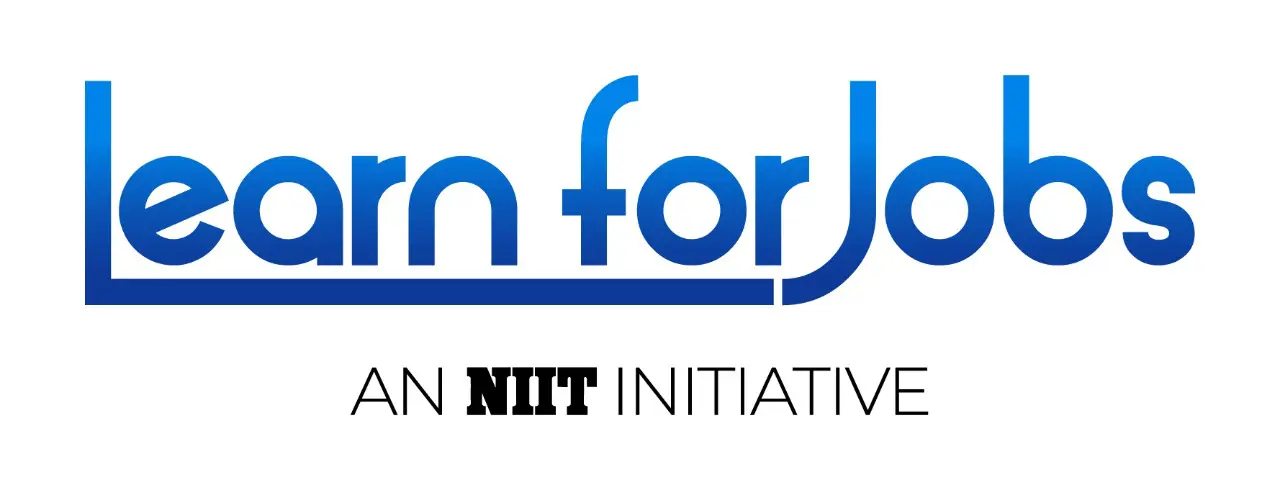
 Sign In
Sign In





































































































































































































